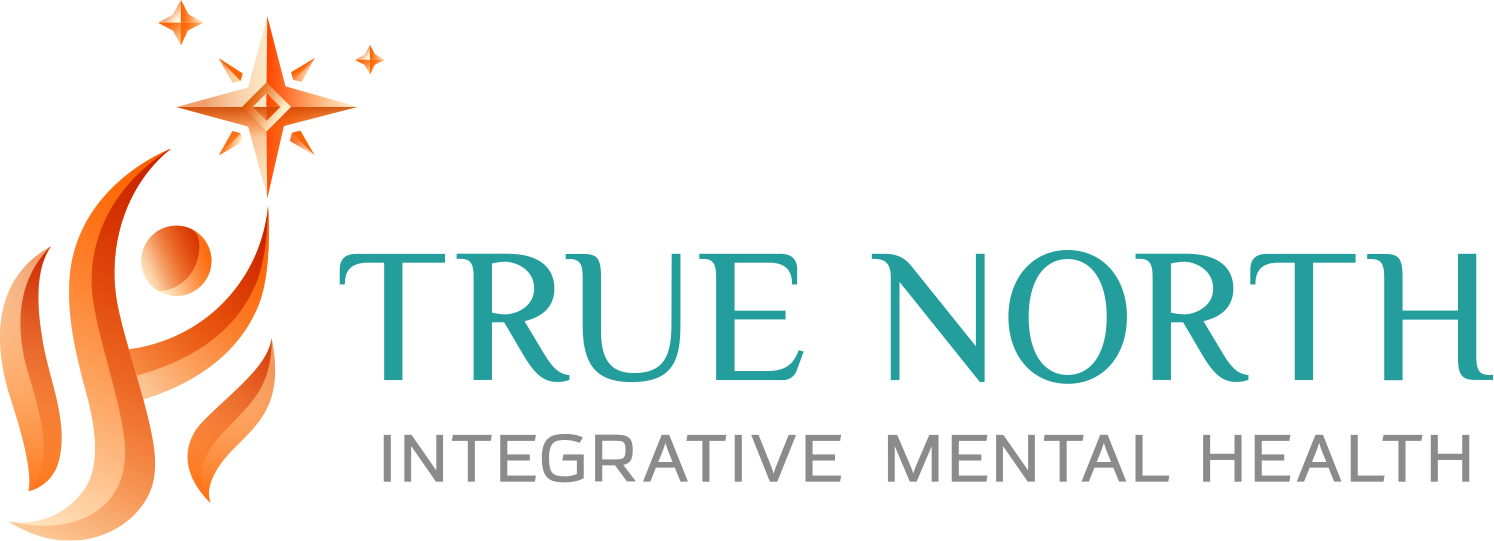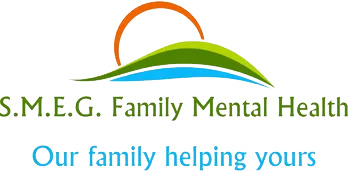Therapy for Kids: Types, Techniques, Where to Find It
Dr. Jamie Rogers • December 23, 2023
Finding the right support for your child's emotional and mental health needs can feel like navigating a labyrinth. As parents, we want what's best for our children and that includes their mental wellness. There are several types of therapy available and understanding the differences can help in choosing the most suitable one for your child. One way to start your journey towards better mental health for your child is by looking for a Greenville child therapist. These professionals are trained in various therapeutic techniques and committed to helping your little one navigate life's challenges in a healthy and constructive way.
An Overview of Children’s Therapy
Children's therapy can take many forms, depending on the specific needs of the child. These typically include techniques that promote emotional expression, social skills, and coping mechanisms. Listed below are the benefits:
- Enhanced Emotional Awareness: Therapy can help children better understand and express their emotions, reducing instances of emotional outbursts and helping them respond more appropriately to emotional triggers.
- Improved Social Skills: Through role-play and other therapeutic techniques, children can learn how to interact effectively with their peers, fostering better relationships and reducing instances of conflict.
- Greater Self-Esteem: By working through their problems and realizing their own abilities to cope, children can develop a stronger sense of self-worth and confidence.
- Better Problem-Solving Abilities: Therapy can equip children with effective problem-solving strategies, enabling them to tackle challenges head-on and develop resilience.
- Reduced Stress and Anxiety: Therapy offers children a safe space to express their fears and anxieties and learn strategies to manage these feelings, leading to a more relaxed and happier child.
Types of Therapy
TMS Therapy for Depression: Transcranial Magnetic Stimulation (TMS) is a non-invasive form of brain stimulation therapy primarily used for treating depressive disorders. TMS uses a magnetic field to stimulate nerve cells in the region of the brain associated with mood regulation. This therapeutic technique can be particularly beneficial for children who have not responded to traditional therapies or medications.
The benefits of TMS therapy include its non-invasive nature, minimal side effects, and the potential for significant improvement in depressive symptoms. While the use of TMS for children is still being explored, early studies show promising results. However, it's essential to consult a healthcare professional, such as a child therapist in Greenville, to discuss the appropriateness and potential benefits of TMS therapy for your child.
Individual Therapy: Individual therapy involves one-on-one sessions with a therapist, where the child has the opportunity to explore their feelings, behaviors, and thoughts in a safe and confidential setting. The therapist uses various techniques, the choice of which largely depends on the child’s issues, age, and comfort level. Cognitive Behavioral Therapy (CBT), play therapy, and art therapy are some of the commonly used approaches.
The ultimate goal of individual therapy is to help the child develop healthier thinking patterns and coping mechanisms, resolve conflicts, understand themselves better, and improve their interpersonal skills. Individual therapy is effective in treating a range of issues like anxiety, depression, trauma, and behavioral issues. As with any therapy, the parent or caregiver's involvement is crucial for the therapy's success. It's recommended to discuss your child's progress regularly with the therapist and support the therapeutic strategies at home.
Play Therapy: This therapeutic approach uses play, a natural activity for children, to encourage emotional expression and help them communicate their feelings and experiences. It can be particularly effective for children who have difficulty verbalizing their emotions.
Art Therapy: By using art as a medium of expression, this therapy encourages creativity and allows children to explore and portray their feelings, thoughts, and experiences in a safe and supportive environment. It can be particularly beneficial for children dealing with trauma or emotional disturbances.
Family Therapy: Family therapy involves the child and their family members. It can be particularly helpful when the child's issues affect the entire family or are linked to family dynamics. This therapy type focuses on improving communication and resolving conflicts within the family.
Group Therapy: In group therapy, children meet with a therapist in a group setting with peers facing similar issues. This type of therapy can help children feel less alone in their struggles and learn from the experiences and coping strategies of others.
Remember, each child is unique and may respond differently to various therapeutic techniques. It's important to have open discussions with the therapist to determine which method would be most effective for your child.
Where to Find a Therapist for Your Child
Finding an experienced and caring therapist for your child in Greenville, NC, might seem daunting, but there are resources available to help. A notable local option is True North Integrated Mental Health. This esteemed facility offers a comprehensive range of therapy services, catering to unique needs and individualized treatment plans.
Their highly skilled therapists are deeply committed to providing personalized, compassionate care, guiding families through their mental health journey. Whether it's individual therapy, family therapy, or more specialized treatments like TMS, True North Integrated Mental Health stands out as a supportive and knowledgeable resource for children's mental health care in the Greenville area.
Tips for Talking to Your Child About Their Therapeutic Process
- Be Open and Reassuring: Start by explaining that therapy is a normal and helpful tool that people of all ages use to feel better. Assure them that there's no judgment involved and it's okay to take help when needed.
- Use Simple Language: Depending on their age, children may not understand complex terms. Use simple, age-appropriate language to describe therapy.
- Involve Them in the Process: Talk to your child about the different forms of therapy and involve them in choosing the right kind. This gives them a sense of control and helps them feel more comfortable with the process.
- Encourage Honesty: Make it clear that they should feel comfortable expressing their feelings during therapy. Let them know that it's important to be honest with the therapist so they can provide the best help.
- Normalize Feelings of Apprehension: It's normal to feel nervous or unsure about starting therapy. Reassure your child that it's okay to feel this way and the therapist is there to help them navigate these feelings.
About True North Integrated Mental Health
True North Integrated Mental Health is a renowned mental health facility based in Greenville, NC, specializing in providing comprehensive therapeutic services to children and adults with various mental health needs. Our services encompass a wide range of therapy types, including the innovative TMS Therapy for Depression. Our commitment to mental health care, fine-tuned to the unique needs of each child, makes True North Integrated Mental Health a trusted resource for families seeking support for their children in the Greenville area.

Our Helpful Links
Schedule a Consultation
Get help with depression today! It's important to know that you are not alone.
Ready to get started?
At TrueNorth IMH in Greenville, NC, our neurocare and psychiatric services are dedicated to enhancing mental well-being within the local community and across Pitt County. We excel in delivering tailor-made treatment plans designed to assist you in achieving a more fulfilling life.
Our dedicated team is unwavering in their commitment to assist you on your individual path toward improved mental health, whether you are contending with anxiety, depression, PTSD, ADD, or any other mental health challenge.
Located in the heart of Greenville North Carolina? We're here to provide support!


NAVIGATION
TRUE NORTH INTEGRATIVE MENTAL HEALTH & S.M.E.G. FAMILY MENTAL HEALTH